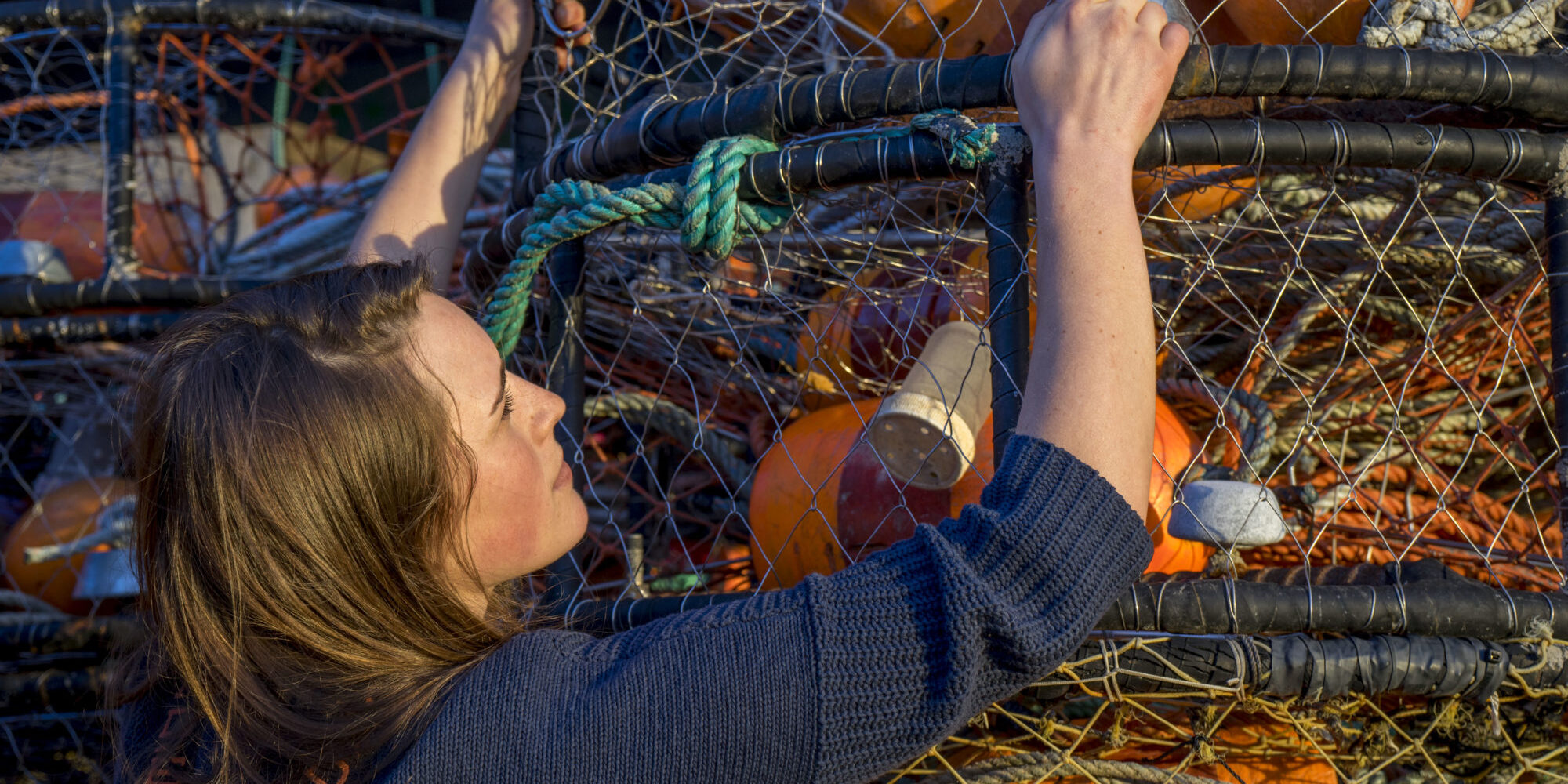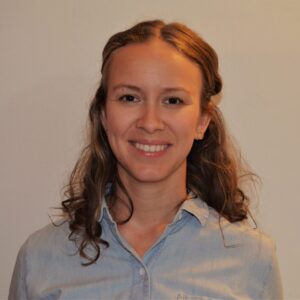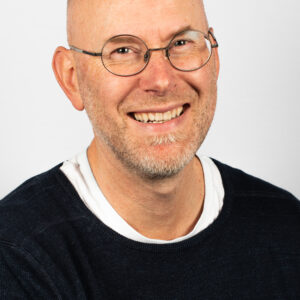
Ruralis research on gender and equity in EU project
Author
Published: 08 March 2022
Last updated: 10 October 2022
Contact persons
Research areas
Share article:
Ruralis researcher Madeleine Gustavsson will play a central role in the large-scale EU project EmpowerUs. The project will enable coastal communities to meet the challenges of the future, and Gustavsson will contribute to researching gender and equity issues that arise in this context.
EmpowerUs has a framework of NOK 60 million over three years, and it will take place in coastal communities in six different countries. The project is led by Nordland Research, with Ruralis as a co-collaborator with responsibilities across several parts of the project.
The aim of EmpowerUs is to develop tools and methods so that communities along the coast are better equipped to deal with the changes to come. This must be done in collaboration with the inhabitants of coastal communities, and the changes must account for nature, balancing issues of use and conservation.
The coastal communities that will host the research are located in Ireland, northern Norway, Åland islands in Finland, on the Spanish Mediterranean coast, Cyprus and the Black Sea in Bulgaria. The idea is that citizens themselves should be able to explore innovative solutions that work in their society.
Gender as the thread
Issues around gender are an important part of all aspects of the project. Madeleine Gustavsson has extensive experience in researching women’s role in the fishing industry, and this will also be her main role in this project.
“Gender, and other factors that matter to equity, will run as a thread throughout the project. Traditionally, the sea has been dominated by men and issues they are concerned with. When you put the ocean in the context of coastal communities, it turns out that it is not only men who contribute. It is easy to forget that women both historically and today have important roles in industry and politics related to the use of the sea,” says Gustavsson.

Madeleine Gustavsson.
Living laboratories
“The communities will be living laboratories. The solutions will include a multitude of people, and they will be about challenges around social and environmental sustainability. We researchers will be a resource along the way, but also evaluate methods and processes,” says Gustavsson.
In Norway, the growing conflict between aquaculture and other industries – such as fisheries – is a topical issue. In Åland, they want to solve the problem of cormorants eating a lot of fish and destroying vegetation, while in Bulgaria they are looking at what the development of tourism does to society and the environment. Tourism can create growth but is seasonal. The other communities face similar challenges.
Author
Published: 08 March 2022
Last updated: 10 October 2022

